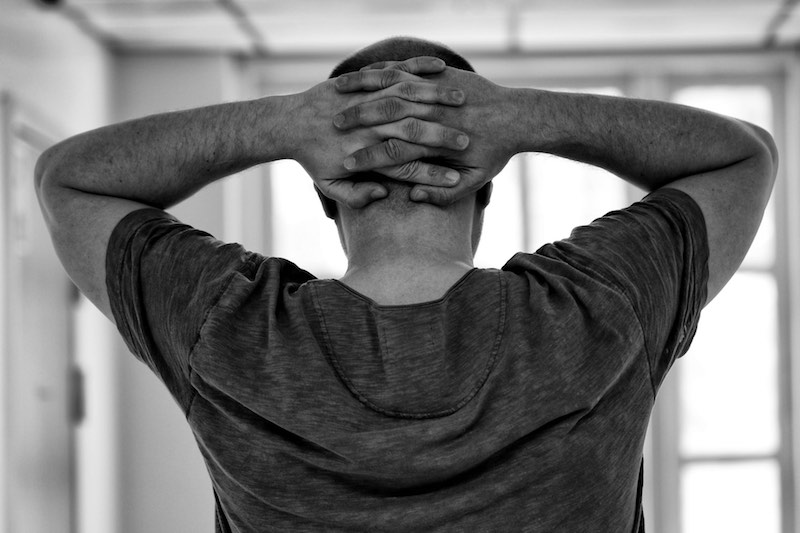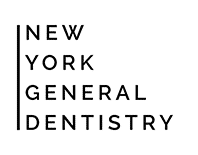Recently, I’ve noticed something at my practice. There’s a growing number of patients who come in for routine care and complain of TMJ related problems like tooth grinding (bruxism) and clenching. Even more surprising is that patients of all ages are suffering these problems. At New York General Dentistry, my patients range in age from 3 to 92 years old and anyone can suffer from TMJ pain.
After a thorough comprehensive exam of the TMJ and evaluation of a patient’s medical and dental history, I’ve found nearly 60% of my patients report some form of TMJ pain starting at as young as 7 years old.
The dangers of teeth grinding

The biggest problems associated with grinding and clenching are TMJ damage, wearing away of healthy tooth structure, and head/neck pain, which includes migraines and tension headaches.
TMJ pain
The temporomandibular joint, or TMJ for short, is the joint which contributes to the movement of the jaw and connects the lower jaw to the head. It has a thin disc which separates the two components. When a person grinds their teeth, they are exerting up to 5 times the normal force on the disc. The disc can thin out or skirt up leading to clicking and popping sounds and chronic pain. The deterioration of the joint can happen abruptly or over the course of several years.
Enamel loss
The wearing away of enamel from the teeth is an equally concerning matter.
The forces from grinding and clenching can be up to 800 pounds per square inch. This extreme force can cause enamel to break or wear away over time. People with fillings and dental work often come in with broken restorations caused by grinding and clenching. In many cases, their restorations are fairly new and would normally last longer.
Another consequence of lost enamel is that the facial structure begins to collapse. If you’ve ever seen a person with no teeth, they often look sunken and sallow. This same effect can occur over years of grinding and clenching.
Head and neck pain
The final issue of head and neck pain is often overlooked by medical doctors. When a person is grinding their teeth, the muscles in the face and neck area are in spasm. If you were going to the gym for a workout and overdid it…you’d be sore …RIGHT?
The same happens to the muscles of the face and neck, which can manifest as neck pain and migraines.
What causes tooth grinding?
 The direct cause of tooth grinding is not fully known. However, a huge contributing factor is stress. Anything you can do to alleviate your stress will definitely help.
The direct cause of tooth grinding is not fully known. However, a huge contributing factor is stress. Anything you can do to alleviate your stress will definitely help.
Stop grinding your teeth at New York General Dentistry
 For patients who grind their teeth or who suffer from TMJ pain, I start by taking an extensive history of the symptoms and performing a thorough TMJ evaluation.
For patients who grind their teeth or who suffer from TMJ pain, I start by taking an extensive history of the symptoms and performing a thorough TMJ evaluation.
I may recommend occlusal splints, nightguards, and acupuncture. Now there is even evidence that Botox can work wonders in relaxing the muscles that cause the grinding.
The most important step is to see your dentist and start the process of diagnosis and treatment. Want to learn more? Schedule your consultation today.
For over 20 years, Inna Chern, DDS has been offering personalized, high-tech dental care to Manhattan and NYC residents. With a focus on individualized attention and the latest technology, her modern Midtown East office aims to reshape dental care perceptions in New York by prioritizing patient well-being and innovative services.



